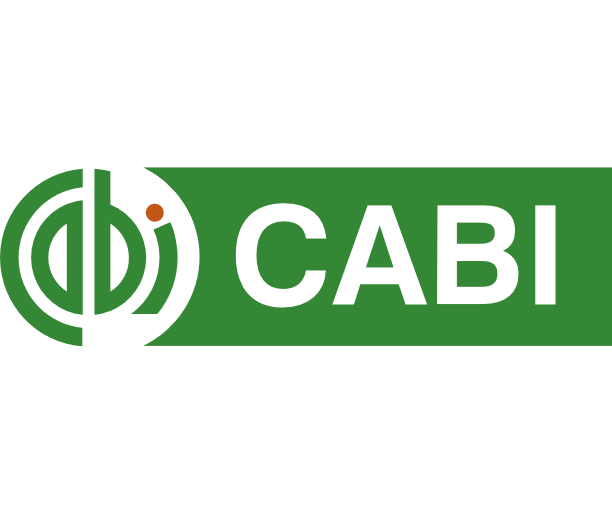The roles of FGFR, EGFR and AMP-activated protein kinase pathway in colorectal cancer stem cells derived spheroids: Implications in colorectal cancer treatment
DOI:
https://doi.org/10.35495/Keywords:
Colorectal cancer, Cancer stem cell spheroids, AMP‐activated protein kinase signaling, Fibroblast Growth Factor Receptor, Epidermal Growth Factor Receptor, BioJupies, Ingenuity Pathway AnalysisAbstract
The aim of our research was to identify molecular targets that can be targeted by drugs and patient-specific models for personalized medicine for colorectal cancer (CRC). Here, we obtained high-throughput RNA sequencing data from Gene Expression Omnibus (GEO) with accession number GSE205787 and analyzed it using next-generation knowledge discovery tools such as BioJupies and Ingenuity Pathway Analysis (IPA) software. Differentially expressed genes (DEGs) were identified by comparing the raw counts from 47 CRC patient-derived spheroids (CRC-CSCs) with those from normal spheroids from the epithelium of the colon and rectum of healthy individuals, using BioJupies tools. IPA was used to identify differentially regulated canonical pathways, upstream regulators of CRC, non-directional networks, diseases, and biofunctions, as well as to conduct subsequent perturbation analysis using the Molecular Prediction Analysis (MAP) tool. Our study demonstrates that several KEGG pathways, including the AMPK, Phospholipase D, MAPK, and PI3-AKT signaling pathways, were significantly downregulated in the CRC-CSC group. Additionally, Wnt signaling and FGFR pathways were significantly upregulated. Moreover, according to Wikipathways, the EGF/EGFR signaling pathway, MAPK signaling pathway, G-protein signaling pathway, and Focal Adhesion-PI3-AKT pathway were downregulated in the CRC-CSC group. Furthermore, based on the Reactome, the Metabolism, Vesicle-mediated transport, RAF signaling, and G-alpha (12/13) signaling pathways were also downregulated in the CRC-CSC group. Utilizing innovative drug combination approaches and innovative drug delivery techniques, CRC treatments can be enhanced by modulating the FGFR, EGFR, and AMPK signaling pathways, which may ultimately lead to improved patient outcomes.












